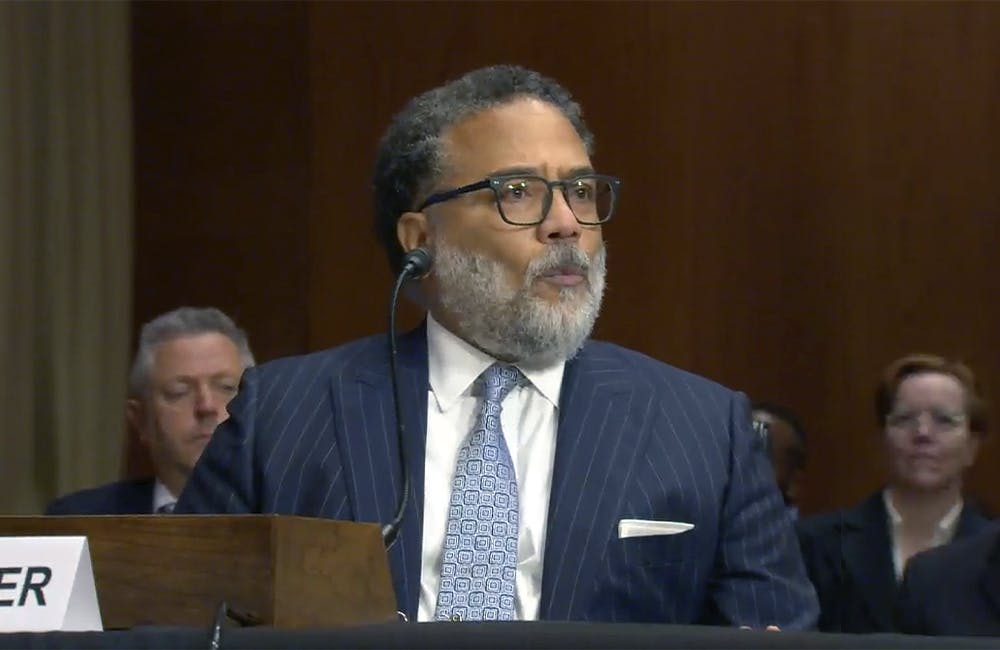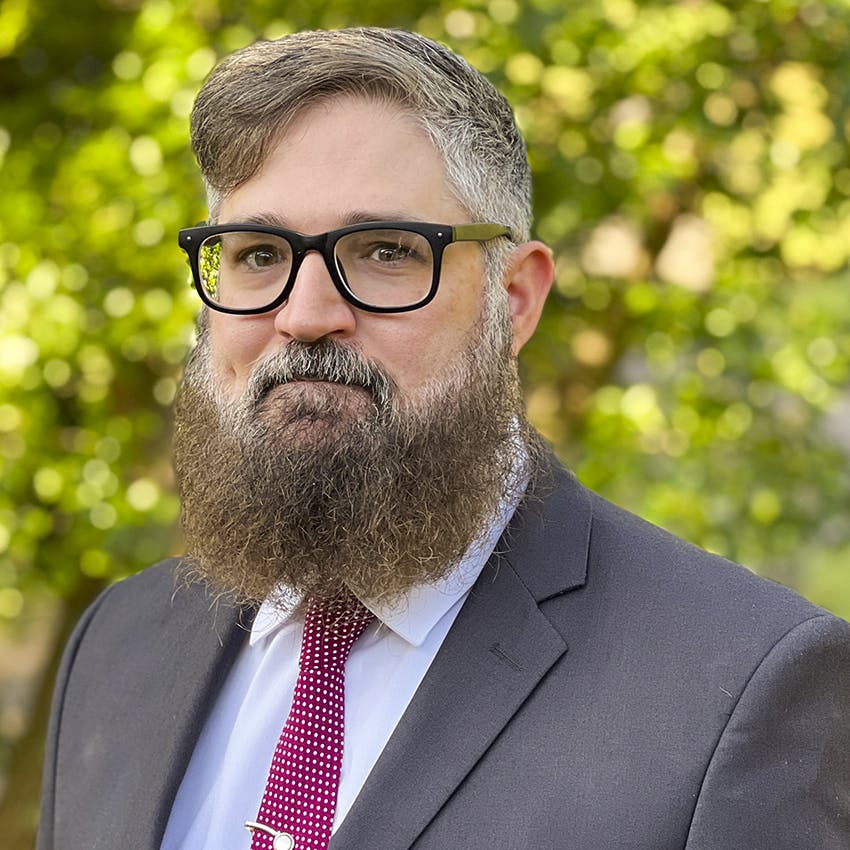Senate Confirms New White House Cyber Director
Harry Coker will be the second permanent National Cyber Director since the office’s inception.

The Senate confirmed Harry Coker to be the White House National Cyber Director on Tuesday.
Coker will be the second non-acting director since the position’s creation in 2021 and the first permanent director since inaugural Chief Chris Inglis resigned from the job in February.
Kemba Walden served as acting director after Inglis. She left the post in November, when Drenan Dudley became acting director. President Joe Biden nominated Coker to the permanent job in July.
Coker served as the National Security Agency (NSA) executive director from 2017 to 2019. Coker was a U.S. Navy officer for 20 years before he joined the CIA in 2000, where he worked at the Directorate for Digital Innovation, the Directorate of Science and Technology and other leadership roles. He is currently a senior fellow at Auburn University’s McCrary Institute for Cyber and Critical Infrastructure Security.
Dudley said in a Tuesday Office of the National Cyber Director (ONCD) statement that Coker’s “four decades of experience in the public and private sector will further ONCD’s success.”
Coker will step into the job as agencies are implementing the White House’s National Cyber Strategy and National Cyber Workforce and Education Strategy, released respectively in March and July. He will also coordinate the National Cybersecurity Strategy Implementation Plan, which the White House released in July and called “a living document” that will be updated. He will also administer a staff of more than 70 within the Office of the National Cyber Director, coordinate White House cybersecurity policy and advise the president on cyber issues.
During a hearing in November, Coker promised collaboration inside and outside of government.
“If confirmed, I will work with interagency colleagues, the private sector, Congress and many others to help foster a digital ecosystem that is inherently more defensible, resilient and aligned with our values,” he said during a confirmation hearing. “Our partners across the federal government have specific threat information that they would share to hospitals and other entities if it’s credible and timely. Our partners across the federal cyberspace also have capabilities that are available to entities … to help build and test their cybersecurity systems.”
This is a carousel with manually rotating slides. Use Next and Previous buttons to navigate or jump to a slide with the slide dots
-

Federal Leaders Confront the Next Wave of AI Security Risks
Cybersecurity leaders grapple with shadow AI, security risks and the push for new governance standards like MBOMs and AI red‑teaming.
4m read -

Cyber Leaders Push for Zero Trust as AI Supercharges Threats
Cyber leaders call for accelerated zero trust adoption, AI-powered threat detection and real-time intelligence sharing to counter increasingly organized adversaries.
2m read -

New OPM Database is First Step for Federal HR Modernization
OPM launched FWD, replacing FedScope with a more transparent, user-friendly platform featuring interactive workforce data.
8m listen -

Resilience Ops are the Foundation of Federal AI, Cloud and Data Recovery
Resilience strategies in the age of AI must include frameworks for managing and recovering data.
20m watch








